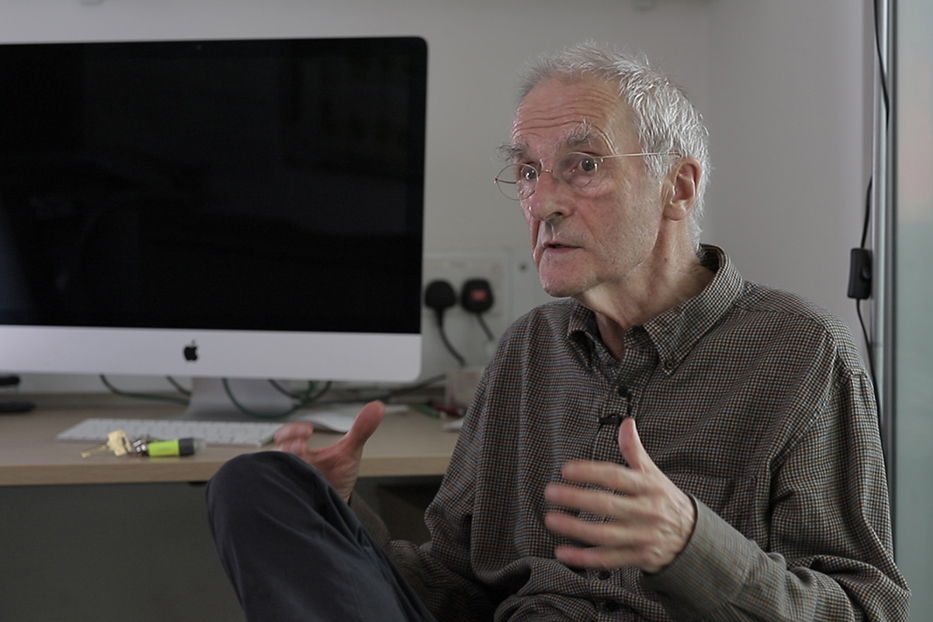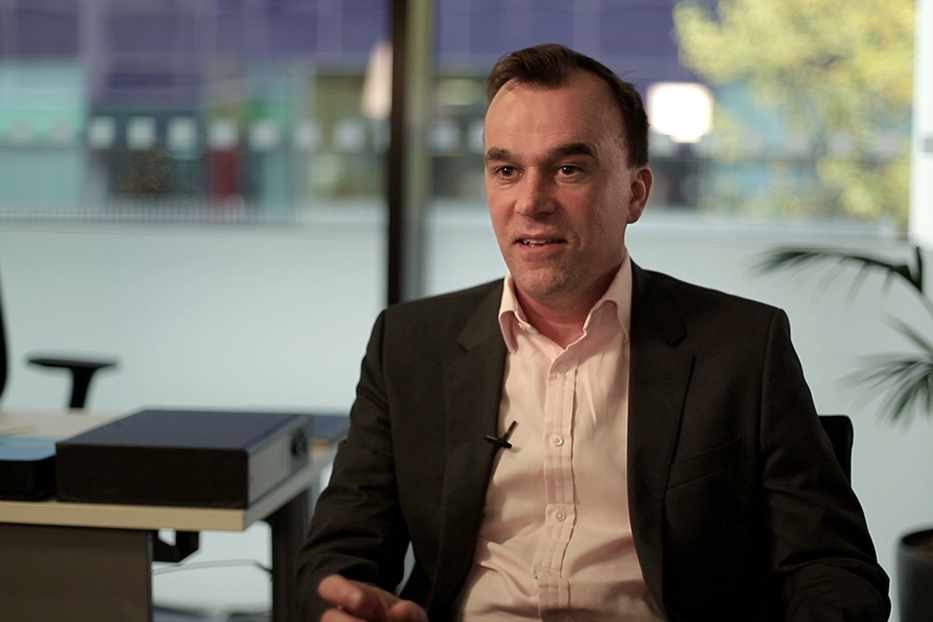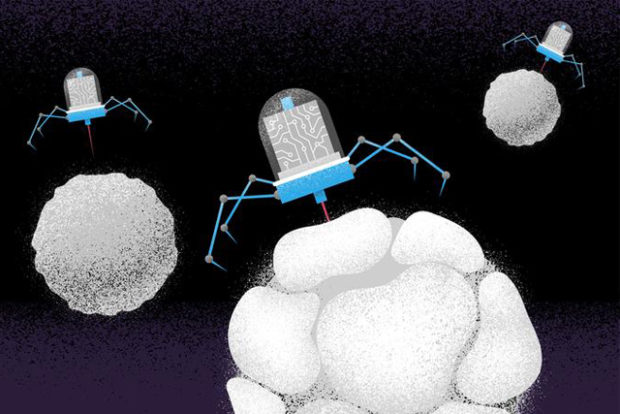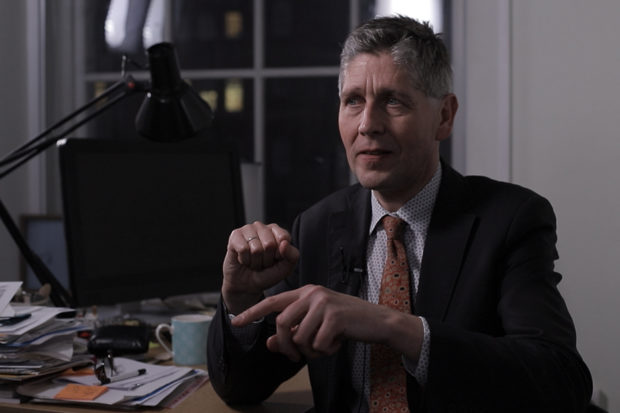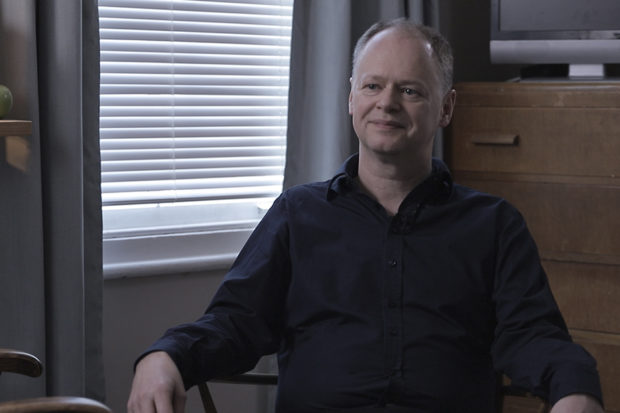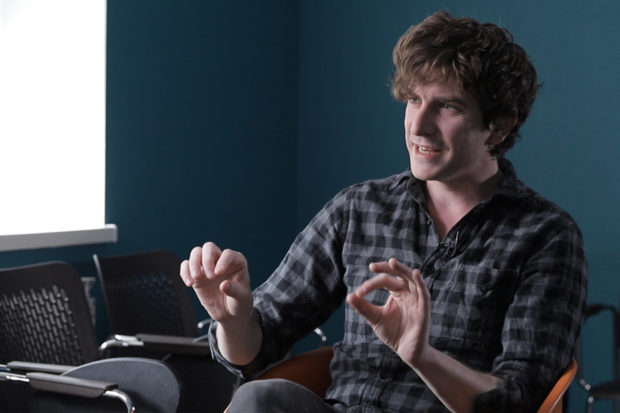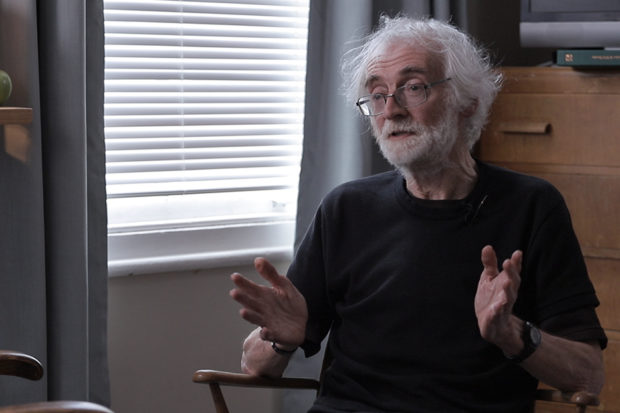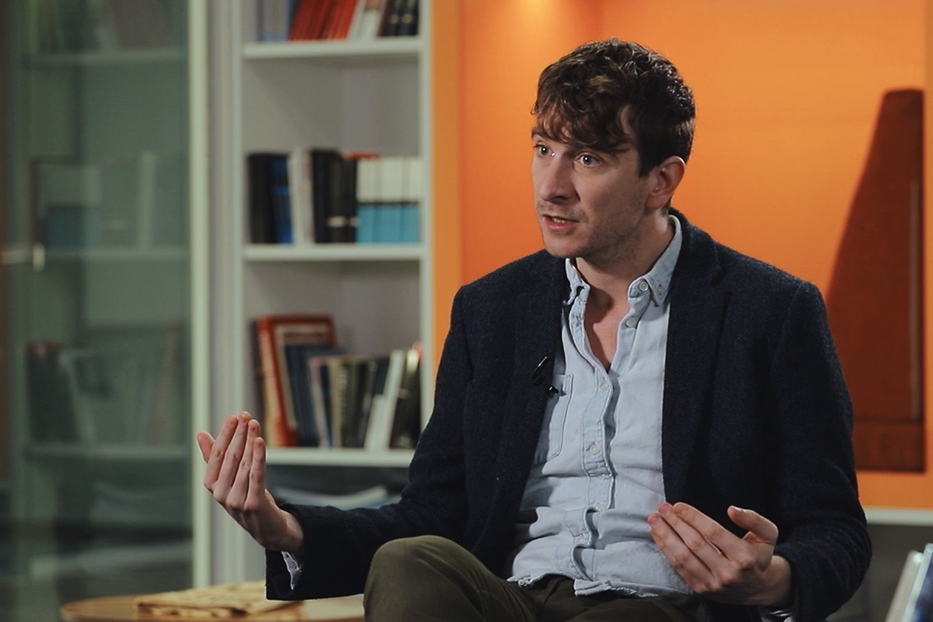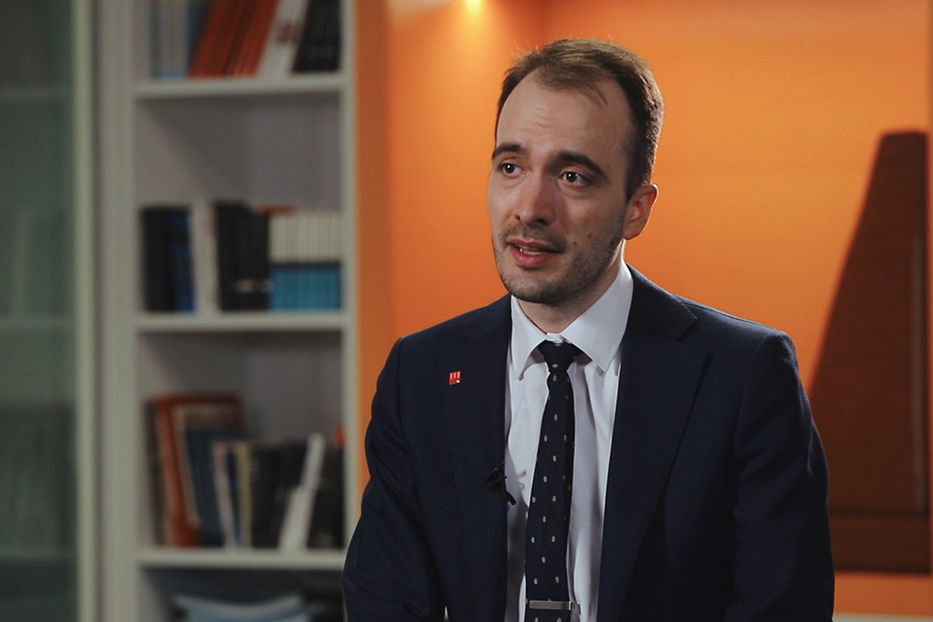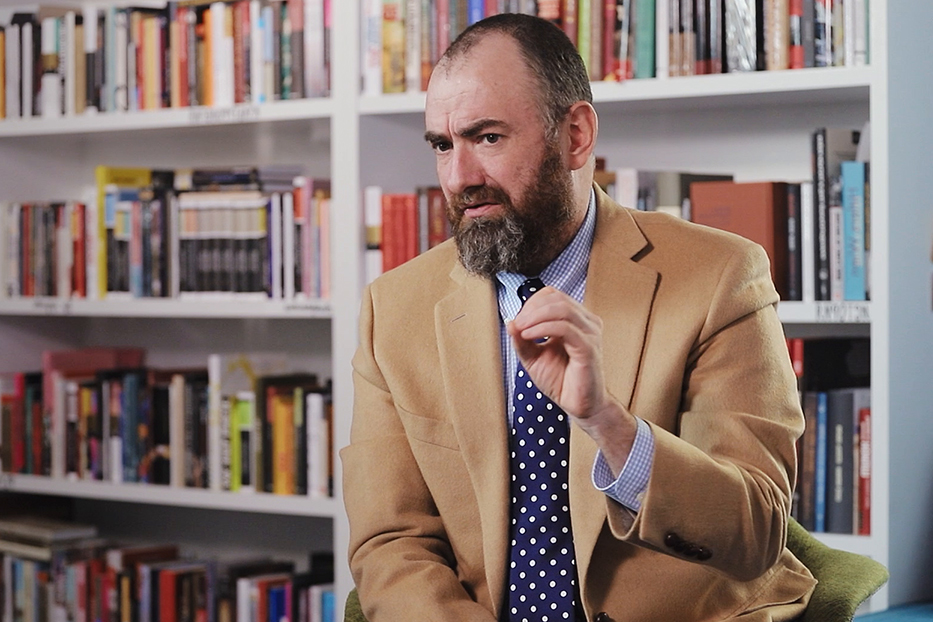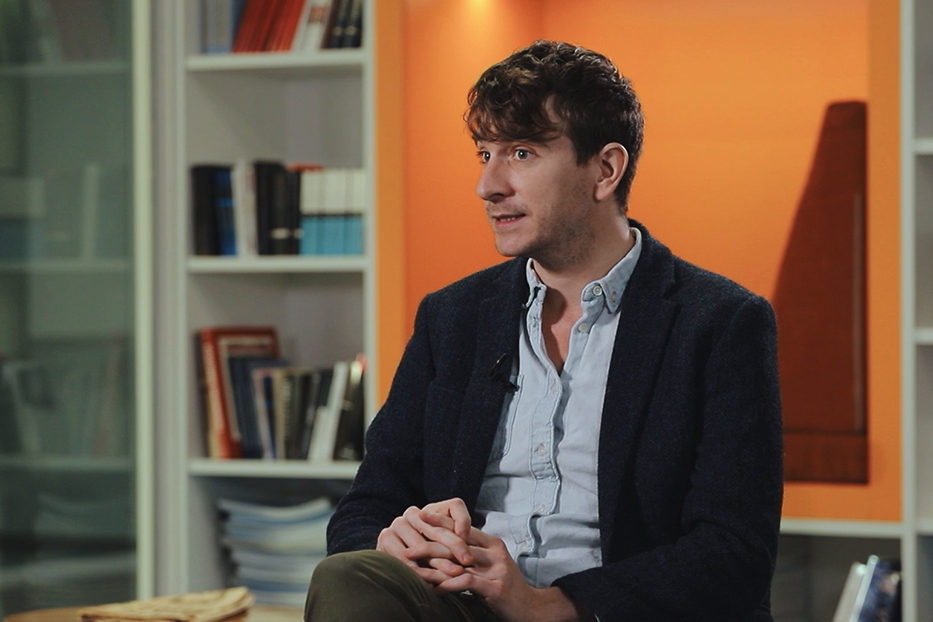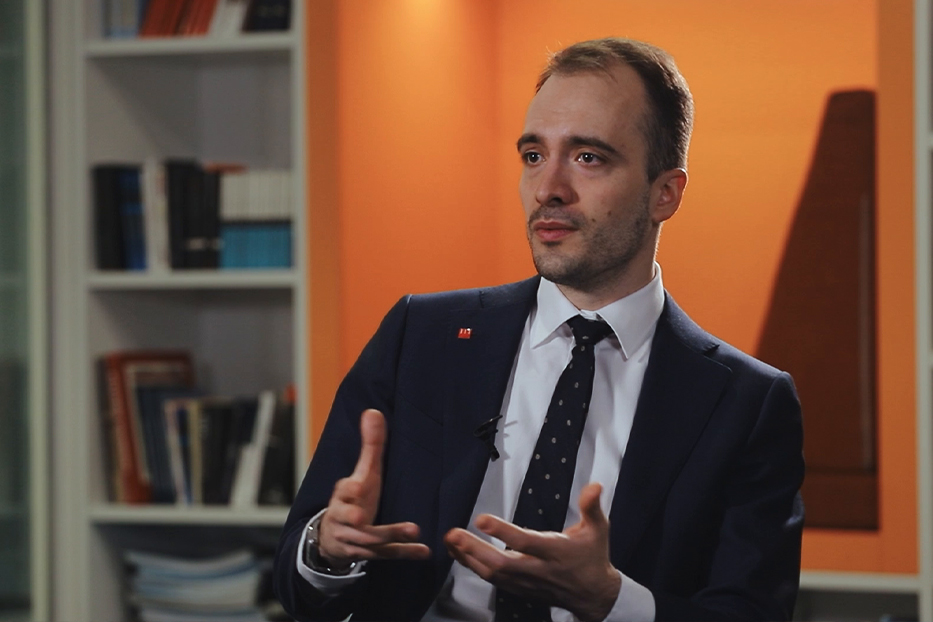Engineering More Effective Antibiotics
Boston University Prof. James Collins on bacterial resistance, active mutagens, and efficacy of biocides
videos | June 9, 2014
How to deal with a continuing decrease in number of effective antibiotics? Сan we exploit viruses to help us to fight against bacteria? Boston University Professor of Biomedical Engineering James Collins describes possible ways to overcome bacterial resistance.
So let’s focus on say E. coli or other bacteria. Once we have that network model which would tell you not only which gene is talking to which gene but what’s the strength of the interaction and the nature of the interaction. We can use that as a filter to study the response of a bug to a given drug to identify not only what the drug is hitting but how’s the bug responding to that drug. Few years ago we used this approach to look at antibiotics.
We then went further and thought could we engineer bacteriophage? These are viruses that specific in only infect bacteria. Where we have them overexpress a protein that could also come in and served to sit on these defense mechanisms. And when we did that we found that we could actually boost the killing efficacy of the antibiotics from now a hundredfold to ten thousand fold. Further we found that we could re-sensitize resistant strains with these engineered bacteriophage to the antibiotic to which they grow resistant. So say you now have an E. coli that’s resistant to Cipro. We showed that in combination with these bacteriophage you could actually in this case now make that clinical level of Cipro to which the bug have grown resistant now susceptible to that level and now effective at killing the bug.
Now you can take a step back and say, well the ROS will serve to kill at very high levels, what happens if you have a very low levels when it’s not killing? Could they cause damage? That would be problematic. Well it turns out they do. We actually did a study to show that very low amounts of antibiotics will still produce these ROS, reactive oxygen species, and still serve to damage DNA but not enough to kill the cell. But the damaged DNA will now lead to mutations so we discovered that low amounts of antibiotics can serve as active mutagens leading to increased rates of resistance – that is the mutation rate that gets it pumped up.












